The Four Most Common Mental Illnesses in Youth
Understanding the challenges that young people face and how we can help.
Anxiety Disorders – The Mind in Overdrive
Anxiety is the most common mental health issue among youth, causing excessive worry and fear.
- Generalized Anxiety Disorder (GAD): Persistent and excessive worry about various aspects of life.
- Social Anxiety Disorder: Intense fear of social interactions and being judged.
- Panic Disorder: Sudden episodes of extreme fear, heart palpitations, and breathlessness.
- Phobias: Irrational fears that interfere with daily life.
Depressive Disorders – The Weight of the World
Depression affects mood, motivation, and daily life, making even simple tasks feel overwhelming.
- Major Depressive Disorder (MDD): Persistent sadness, loss of interest in activities, and low energy.
- Persistent Depressive Disorder (Dysthymia): Chronic depression that lingers for years.
ADHD – The Struggle to Focus
ADHD makes it difficult to concentrate, stay organized, and control impulses.
- Inattention: Trouble focusing, following instructions, and completing tasks.
- Hyperactivity: Constant movement, fidgeting, and restlessness.
- Impulsivity: Acting without thinking, interrupting others, and making quick decisions.
Behavioral Disorders – Rebellion or Cry for Help?
Some youth struggle with severe behavioral issues that impact their relationships and future.
- Oppositional Defiant Disorder (ODD): Frequent anger, arguments with authority, and defiance.
- Conduct Disorder (CD): Aggressive or rule-breaking behavior, deceitfulness, and disregard for consequences.
The Bigger Picture: A Generation in Fear
Anxiety and depression often go hand in hand. Many young people feel overwhelmed by the future:
- AI and automation: The fear of losing jobs to robots and technology.
- Financial insecurity: Student debt and an uncertain job market.
- Global instability: A world filled with rapid change and unpredictability.
Every year, over 1 million young people take their own lives. This is not just a crisis; it’s a call to action.
The Church Must Take Action
The world offers temporary solutions, but true healing comes from faith and community.
Now is the time for the church to:
- Teach a biblical worldview: Help young people understand that God is in control.
- Provide mentorship and support: No one should face mental health struggles alone.
- Engage in the fight for their souls: Offer hope through the Gospel.
Hope is not lost. Healing is possible. But we must act now.


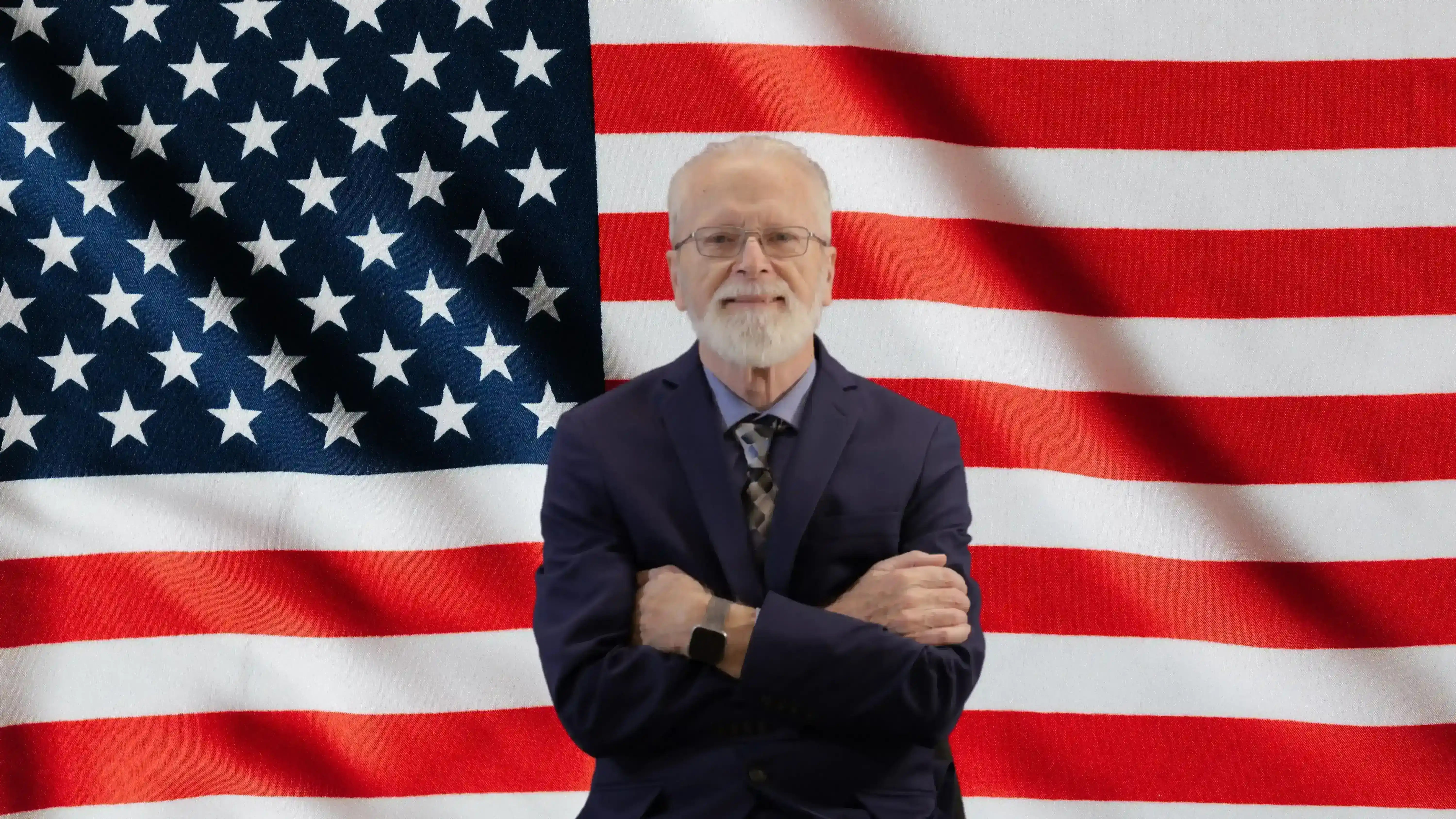




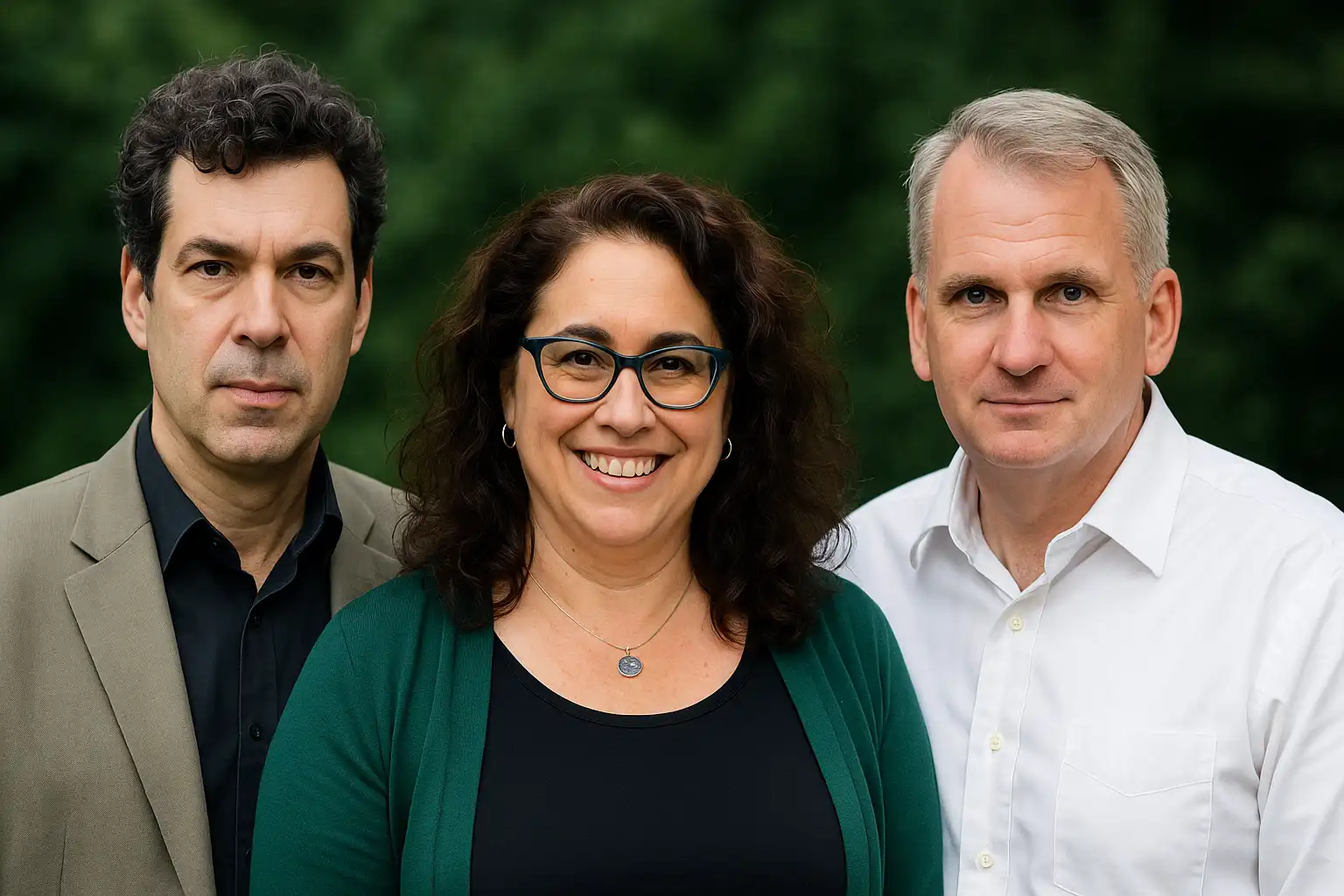




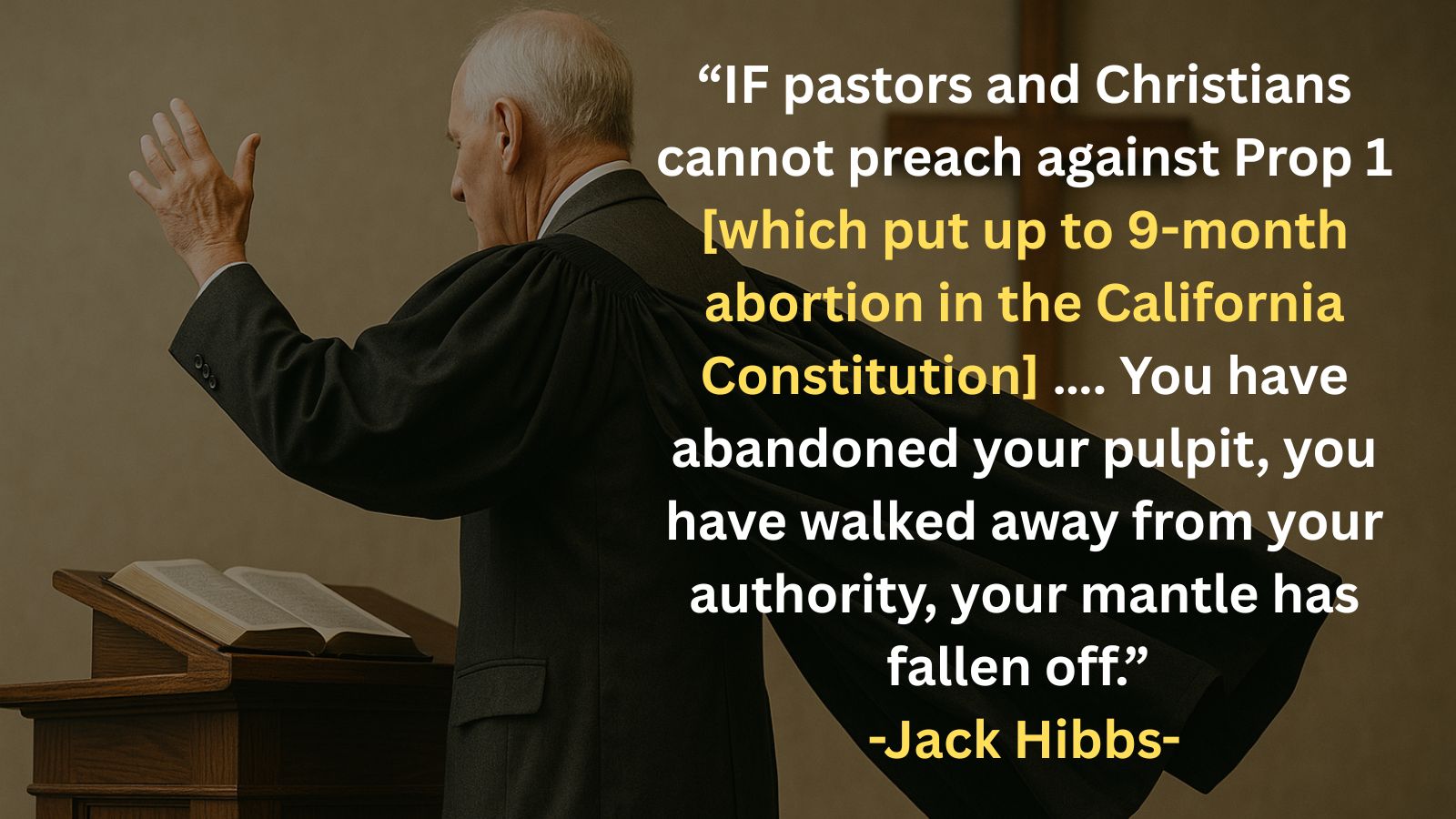
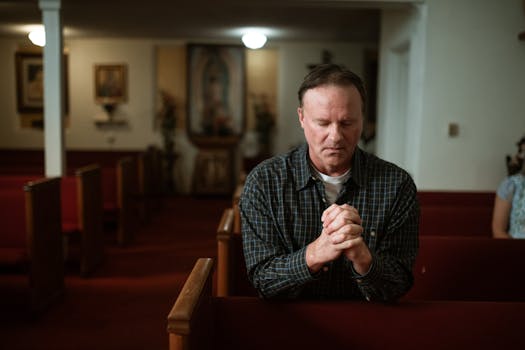






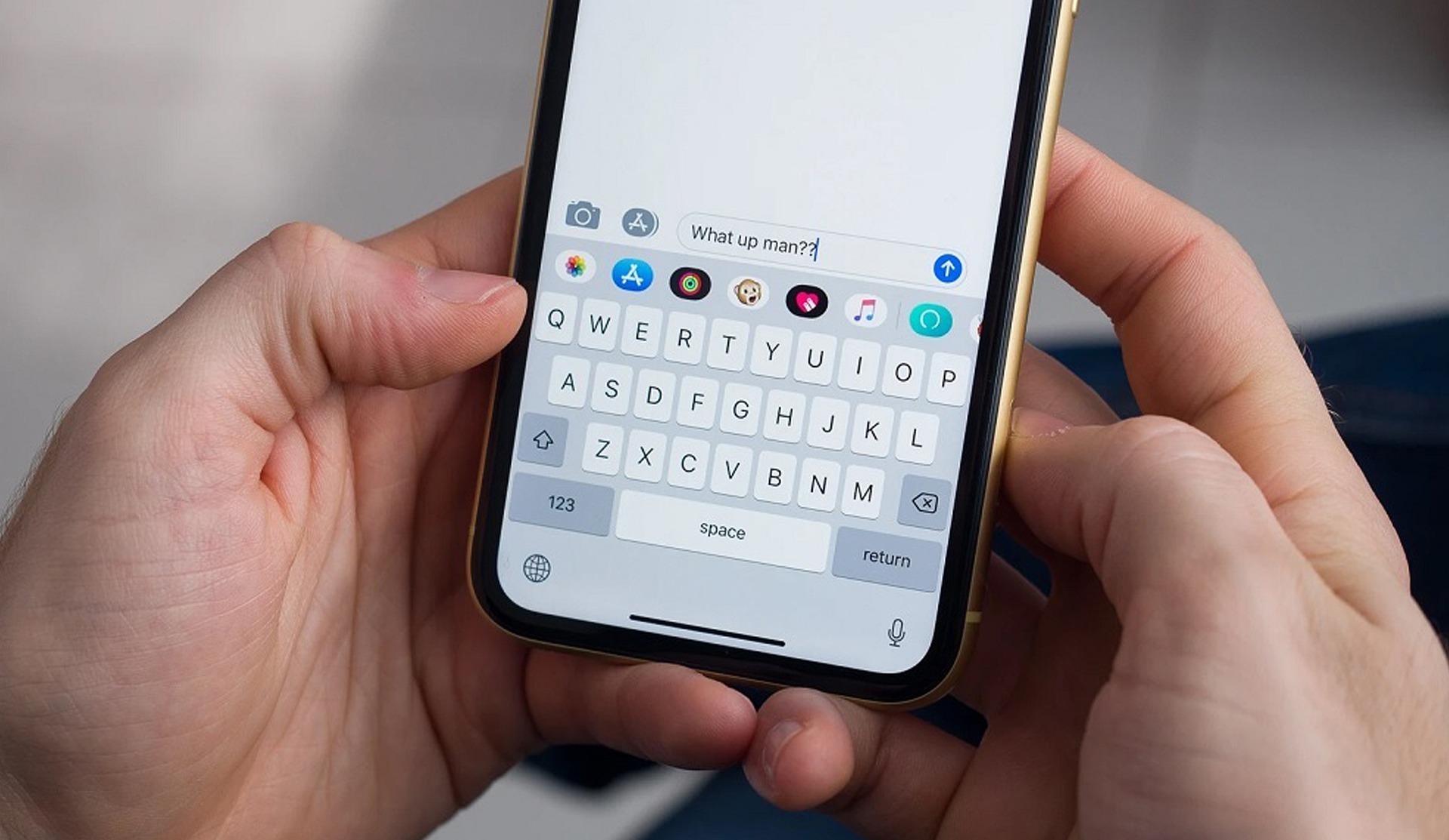

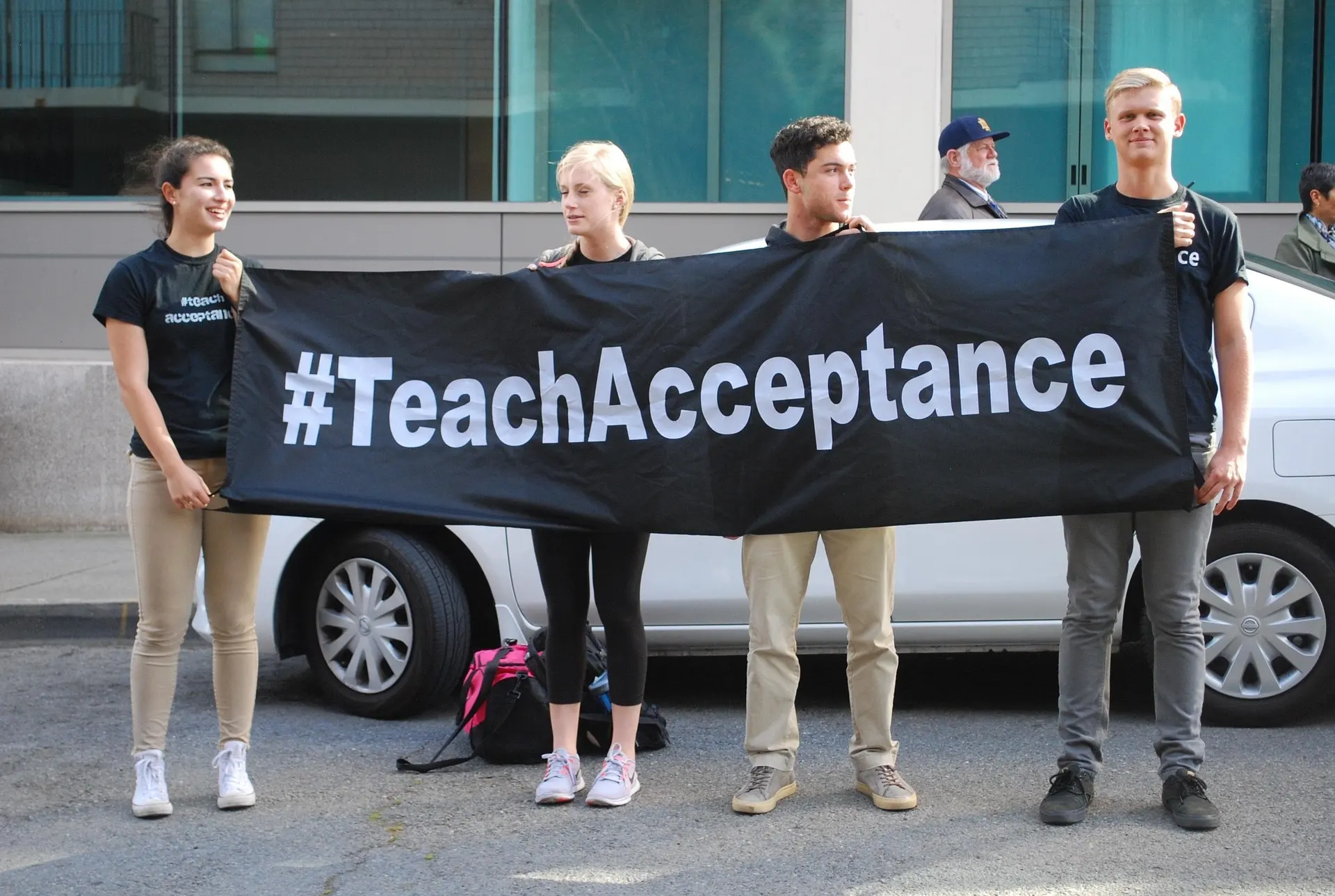
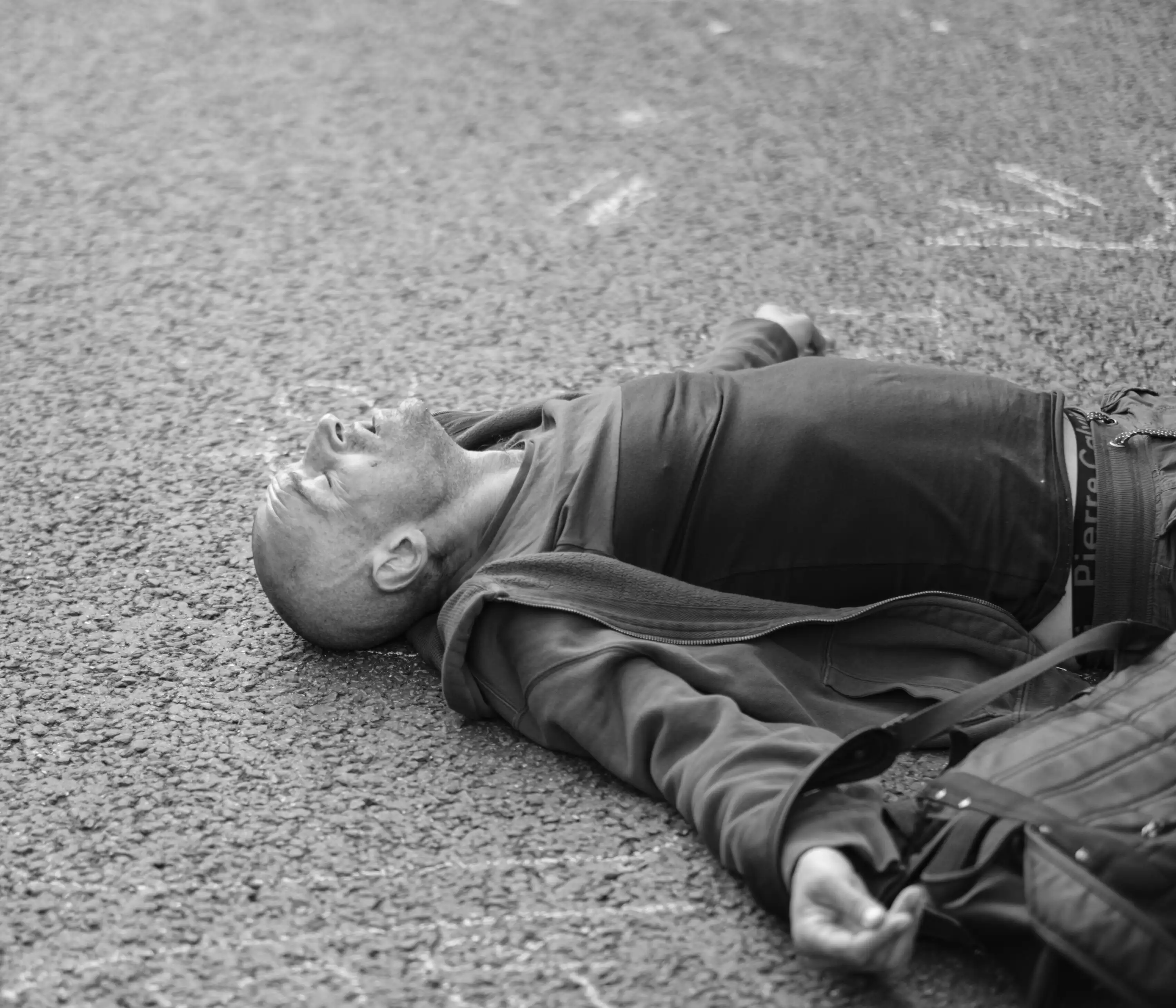



Why there is a division in the evangelical church
In this book I am attempting to explain WHY this conflict over cultural issues is occurring and to bring about UNITY within the church, once we understand what is happening.